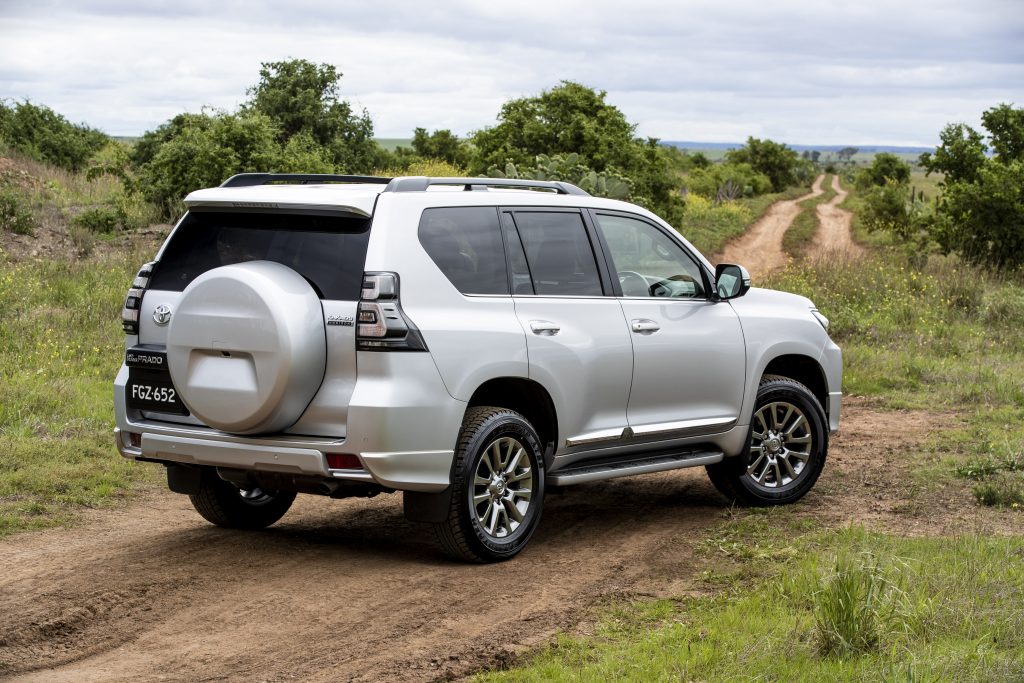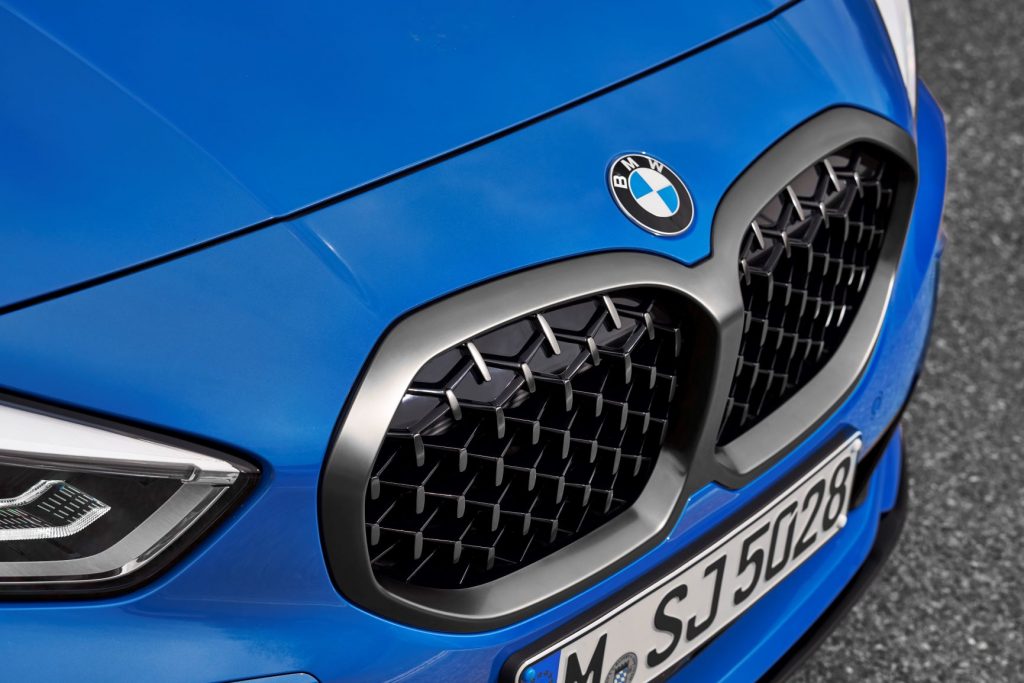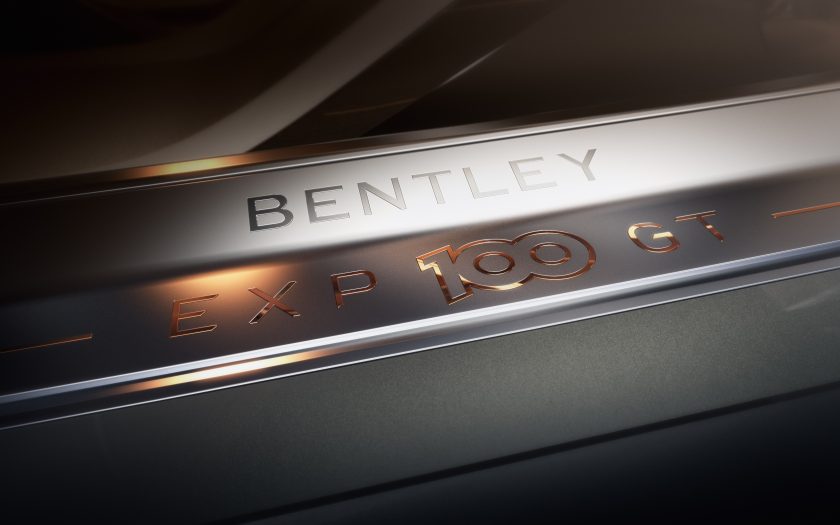MOTORISTS ARE SEEN AS the perennial cash cow by governments of all persuasions, but one of the most iniquitous and unnecessary taxes of all is the so-called Luxury Car Tax.
If you’re buying a car for $70,000 (hardly an outrageous sum these days), LCT and stamp duty will account for about 10 percent of the cost. Adding to the injustice, you pay the LCT on the stamp duty as well, so it’s a tax on a tax.
As the name would imply, the Luxury Car Tax was meant to apply to prestige brands but it hasn’t worked out that way. Toyota vehicles attracted the largest LCT total of all when they paid out $119 million in 2019. That’s hardly surprising when the Toyota LandCruiser, the model that attracted most tax and popular with families and working people alike, costs just under $90,000 driveaway. Smaller Toyota SUVs such as the Prado and Kluger are also caught up in the net.

In the wake of plummeting new car sales after the COVID-19 pandemic, car manufacturers are once again calling for the LCT to be scrapped.
One of the legitimate reasons is that the tax applies to vehicles but not to other so-called luxury items such as yachts, private jets, jewellery, designer clothing and the like (but we hope the objectors are careful – knowing the way governments think, rather than scrapping the LCT, they are just as likely to consider applying a luxury tax to other items!)
The other objection is that motorists are already the target of tax collectors through stamp duty, GST (which was supposed to do away with stamp duty) and registration fees.
The LCT was introduced in 2001 by the Howard government, supposedly to help protect the local car industry. Presently, vehicles priced above $68,740 attract a tax rate of 33 percent. Fuel-efficient vehicles are cut a little more slack with the tax kicking in at $77,565. The argument made at the time was that the GST would replace the wholesale sales tax so new car prices should fall. In fact, it was predicted that luxury cars would fall in price even more than lesser cars since they were subject to a 45 percent wholesale sales tax compared to 22 percent. As we all know, they didn’t.

The LCT is also causing problems with our trade partners, such as the EU. European car manufacturers point to the LCT as a restriction on free trade and are calling for its abolition. They have a point, especially since European imports also attract a five percent tariff, in addition to the LCT and GST … just keep loading those dollars onto the price!
Another issue is that the LCT doesn’t discriminate between luxury options and non-standard safety features (as we have pointed out, it costs buyers an additional $11,000 to get autonomous emergency braking on the $422,000 Bentley Continental coupe). Many so-called luxury cars don’t offer essential safety features as standard, and even if they do, the LCT applies to them anyway. Opponents of the tax suggest that some buyers will choose not to option new cars with safety features because it will push the purchase price over the threshold applying to the LCT.
An interesting sidebar is that some time ago, Mercedes-Benz (who are now part of the push to remove the LCT) argued against its removal. They were concerned that removing the LCT from all future car sales would have an unfair impact on those people who had already bought cars with the LCT applied. They have a point. A reduction of 10 percent on luxury car new prices will have a significant knock-on effect on the price of used luxury cars. And anyone who owns one knows just how quickly resale values of luxury cars fall already, without any external help.
